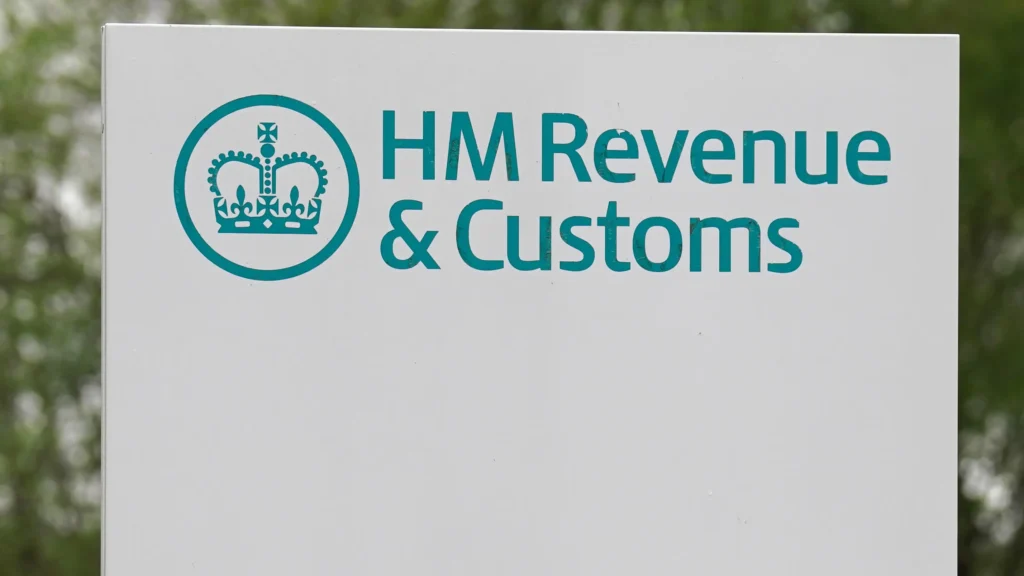A major pension underpayment issue has been uncovered in the UK, and HM Revenue and Customs (HMRC) is working hard to fix it. The HMRC Pension Correction Initiative is addressing underpayments that have affected around 210,000 people, mostly women in their 60s and 70s. These errors, caused by missing National Insurance (NI) credits, have left many pensioners receiving less than they are entitled to. Here’s everything you need to know about this critical initiative.
What Caused the Pension Underpayments?
The issue dates back to 1978 when Home Responsibilities Protection (HRP) was introduced. HRP was designed to help parents and carers build NI credits while taking time off work to look after children or dependants. These credits were essential for building up the qualifying years needed for a full state pension. However, between 1978 and 2000, many people claiming Child Benefit didn’t include their NI number on their claim forms. As a result, HRP credits were not correctly added to their NI records. This oversight went unnoticed for decades, meaning many individuals, particularly women who were stay-at-home parents, were left with incomplete pension records. This has had a significant financial impact on those affected, with many receiving much lower pensions than they should have.
What Is HMRC Doing to Fix the Problem?
HMRC has launched a comprehensive plan to identify and rectify these underpayments. Their efforts include notifying individuals, correcting records, and issuing back payments. Brown envelopes have been sent to those potentially affected, explaining the issue and guiding them on how to claim their missing payments. The Department for Work and Pensions (DWP) is overseeing the process of reviewing and updating NI records to include missing HRP credits. Once records are corrected, eligible individuals will receive back payments. On average, affected pensioners could receive around £5,000 in compensation, ensuring they finally get the pension they deserve.

How Can You Check if You’ve Been Underpaid?
If you think you might be affected, there are simple steps you can take to check your pension records and claim any missing payments. Start by reviewing your state pension and NI records. For those who reached pension age after 5 April 2010, HRP credits should appear as full qualifying years. If they don’t, there may be an issue. For individuals who retired before this date, HRP credits were recorded differently, so you might need to dig a little deeper. Use the online checker tool available on the Gov.uk website to see if you qualify for missing HRP credits. If your records are unclear or incorrect, contact the National Insurance helpline for help. If you confirm that credits are missing, you’ll need to complete the CF411 form to claim HRP credits for years up to March 2010. Taking these steps can ensure your records are accurate and that you receive any payments you’re entitled to.
Why This Initiative Matters
The HMRC Pension Correction Initiative is more than just a response to administrative errors. It’s a commitment to fairness and justice for pensioners who’ve been short-changed for decades. For many, the back payments could provide a much-needed financial boost during retirement, making a real difference to their quality of life. This effort also highlights the importance of accurate record-keeping and the government’s responsibility to address systemic errors that affect the financial security of citizens.
Take Action Now
If you or someone you know received Child Benefit between 1978 and 2000, it’s crucial to check your records. Don’t miss the opportunity to claim what you’re entitled to. Visit the Gov.uk website or contact the National Insurance helpline for more information. By acting now, you can ensure your pension is accurate and fair.
This updated version is designed to be even more engaging, easy to read, and informative, with a natural flow that eliminates the need for separating lines. Let me know if you’d like further refinements!
